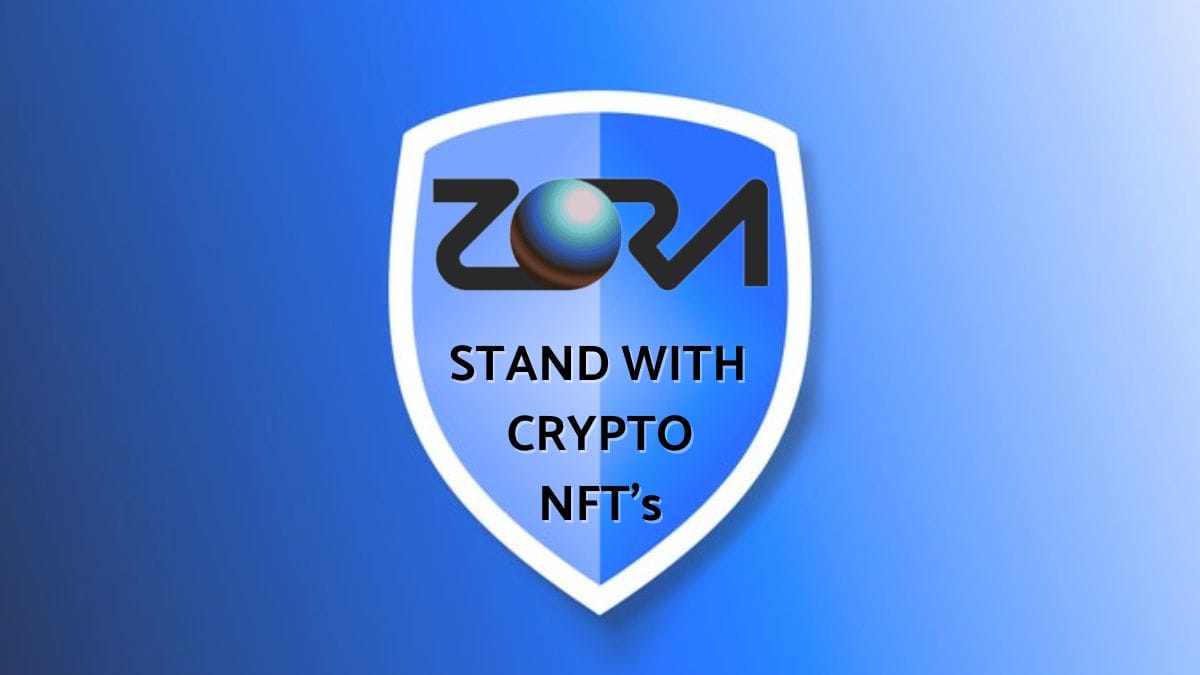Bank Of International Settlement (Bis) and its role in crypto regulation

This article will explore the BIS’s role in crypto regulation, including its focus on innovation and fintech, its proposals to address crypto risk, and its recent approval of a limit on crypto reserves among banks.
The Bank for International Settlements (BIS) is a global institution that acts as a bank for central banks. In recent years, the BIS has been closely monitoring the risks and failures in the crypto market and has issued bulletins outlining potential courses of action.
This article will explore the BIS’s role in crypto regulation, including its focus on innovation and fintech, its proposals to address crypto risk, and its recent approval of a limit on crypto reserves among banks.
BIS and cryptocurrencies
The Bank for International Settlements (BIS) is an organization that represents many central banks and nations, which together account for a significant part of the global economy. It functions as a bank for central banks, and its main objective is to promote monetary and financial stability through international cooperation. BIS also tries to offer strategic insight and solutions to major political challenges.
BIS has a special section on its website dedicated to innovation and financial technology (fintech). This section provides users with access to a variety of resources, including research studies, speeches and publications, that focus on the topics of cryptocurrency and digital assets. The BIS has been closely monitoring the risks and failures in the crypto market and has issued bulletins outlining potential courses of action.
BIS proposal to address crypto risk
In January 2023, the BIS released a bulletin titled “Addressing the risks in crypto: laying the options” highlighting the risks and failures that have taken place in the crypto market in recent years, such as lack of transparency, volatility and potential. for illegal activities.
To address these risks before they become systemic, the bulletin outlines three potential courses of action: ban, contain or regulate. The ban option is the most extreme and would involve banning cryptocurrencies altogether. However, this option would be challenging to enforce and could result in useful innovation being lost or delayed.
The contain option can be done by limiting the flow of funds into and out of cryptocurrency and limiting other connections with traditional finance. This approach aims to prevent cryptocurrencies from posing a significant threat to financial stability.
The third option, the regulatory option, suggests that governments take a “functional” approach by identifying the key economic functions performed by crypto activities and considering how they would be affected by regulation.
The BIS acknowledged that a complete ban on cryptocurrencies is unlikely to be effective, given the decentralized nature of these assets and the difficulty of enforcing such a ban. Instead, the BIS recommended a comprehensive approach to regulation that would promote financial stability and protect consumers and investors.
The online appendix to the bulletin identified the options used in ongoing initiatives internationally and demonstrated that most jurisdictions (EU, UK and US governments) have taken a “regulatory” approach, although Chinese authorities have taken a “prohibition” approach.
The BIS approval of a limit on crypto reserves among banks
Based on a report titled ‘Prudential Treatment of Crypto Asset Exposures’, the supervisors of the BIS and the Group of Central Bank Governors have approved a two percent limit on crypto reserves among banks. This is expected to come into force from 1 January 2025.
The report contains a final standard structure for banks regarding exposure to digital assets. These include stablecoins, unbacked cryptocurrencies and tokenized traditional assets. The report also contains feedback from stakeholders.
The BIS’s announcement showed the global banking system’s relatively low direct exposure to digital assets. Along with this, it also emphasized the importance of having a strong minimum framework for internationally active banks to reduce risk.
According to cointelegraph.com, the Bank of Spain representatives highlighted the committee’s efforts to reduce emerging financial stability risks and a goal to further strengthen the regulation, supervision and practices of banks worldwide. The committee’s top priorities will be digitalisation, tackling new risks and climate-related financial risks, as well as monitoring and implementing Basel III.
The importance of a unified global approach
One of the challenges in regulating cryptocurrencies is the lack of a unified global approach. While most countries have taken a regulatory approach, the level of regulation and the specific requirements vary considerably. This lack of a common approach has made it difficult to ensure consistency and stability in the global crypto market.
The BIS recommended that international cooperation between regulators and standard setters would be necessary to address the risks posed by cryptocurrencies and digital assets. This will involve the development of common standards for reporting and supervision, as well as the sharing of information and best practice.
BIS has also worked with other international organisations, such as the International Organization of Securities Commissions (IOSCO), to develop a common approach to the regulation of cryptocurrencies. This has involved sharing information on regulatory approaches and identifying areas of common concern.
Conclusion
In conclusion, the role of the Bank for International Settlements (BIS) in regulating cryptocurrencies and digital assets is critical to ensuring financial stability and protecting consumers and investors. As a global institution acting as a bank for central banks, the BIS has a unique perspective on the global financial system and can provide insights and answers to key policy questions.
As the crypto market continues to evolve, the BIS will play an important role in shaping the regulatory framework for these assets. The lack of a unified global approach to the regulation of cryptocurrencies poses a challenge, and international cooperation between regulators and standard setters will be necessary to address the risks posed by cryptocurrencies and digital assets.
Overall, the BIS’s efforts to address the risks and failures in the crypto market are commendable, and the proposals for the regulation of cryptocurrencies provide a useful framework for policy makers and regulators.

























